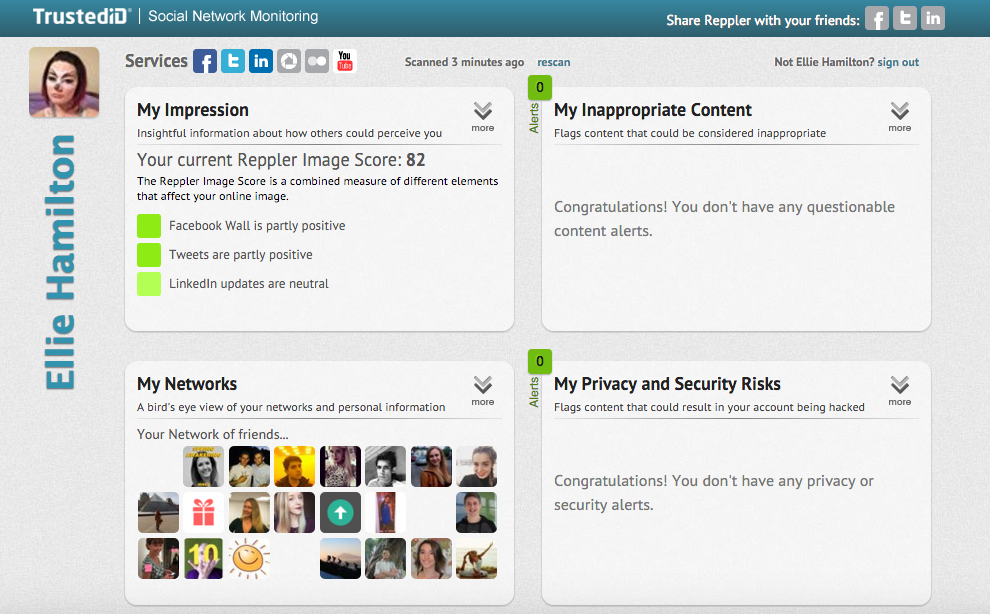
Topic 5: Reflective Summary
This weeks’ topic was, again, a really interesting one. A number of people including Clayton and Agnieszka took the discussion towards Open Access, in particular, Open Education Resources (OER). These discussions were started by the links we were provided and then built upon these. I decided to take my post in a slightly different direction one which was influenced by my experiences of being on this course.
Continue reading →









